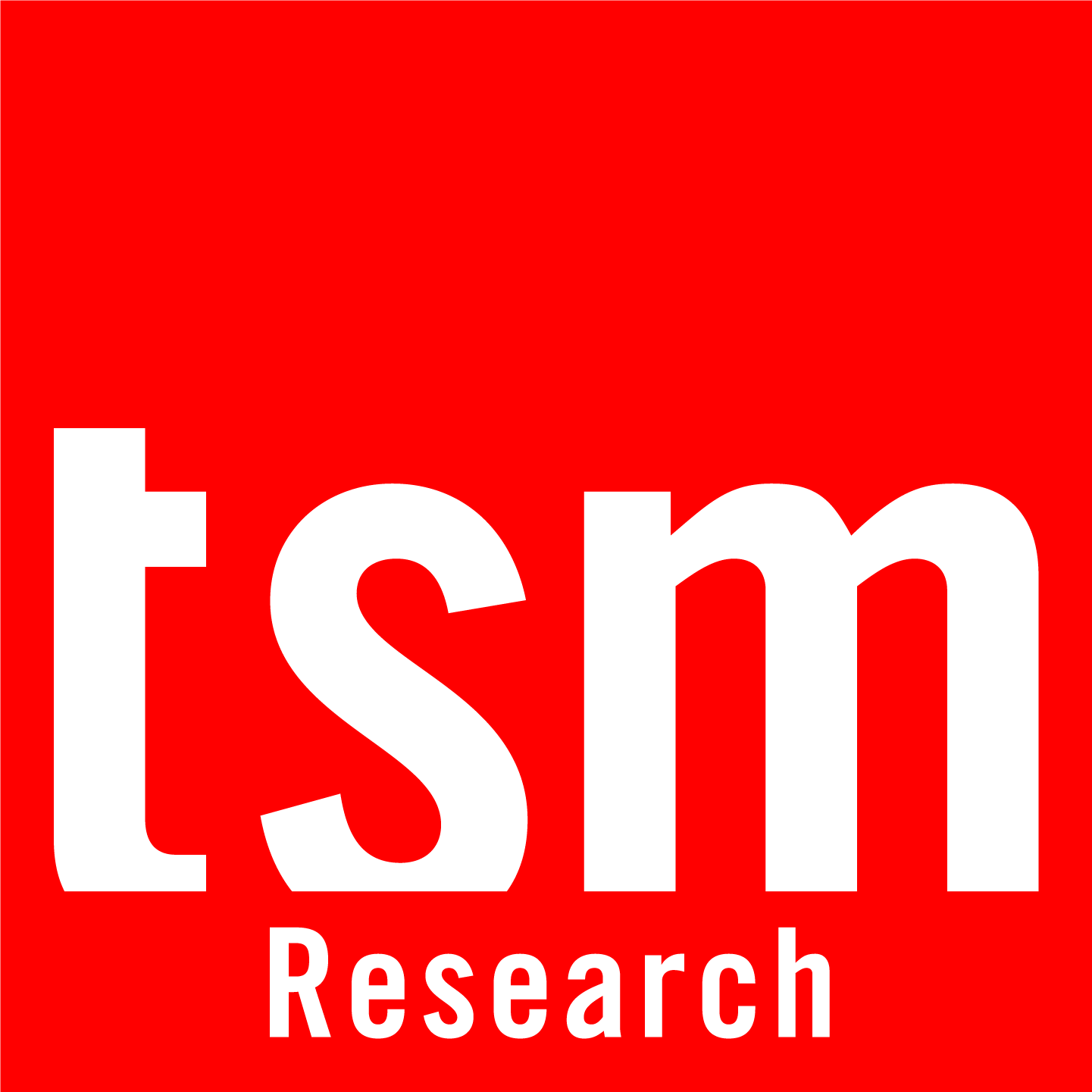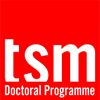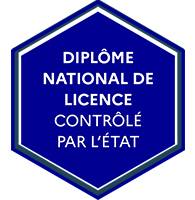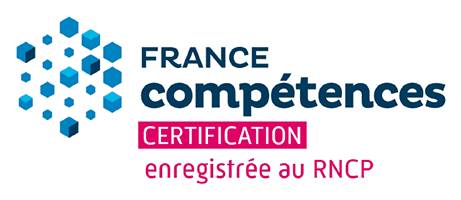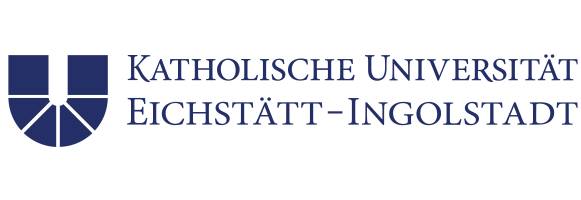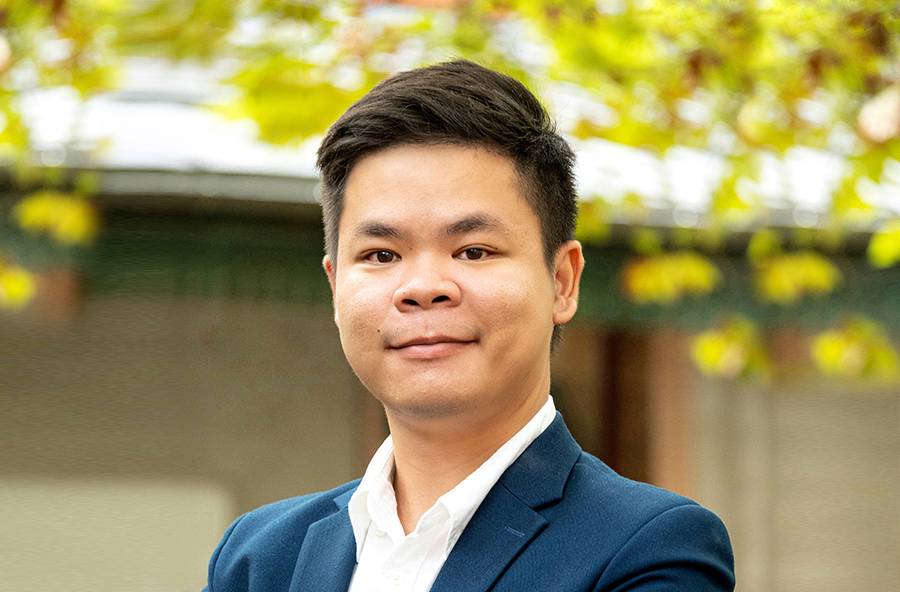Gestion
Full time programme
English
In person
High School Diploma (or equivalent) +1
High School Diploma (or equivalent) +2
September 2025 - June 2026
2 semesters
Yes (selective)
87%
Toulouse, Europe
In the second year, the emphasis shifts to alternative perspectives on and specific contexts of innovation, project management, geopolitics, governance and legal environment. This will allow students to gain an understanding of entrepreneurship and sustainable development.
International mobility is possible either for the whole of the second year or only for the second semester.
Carlos PLATA, Head of Programme (2024-2025)
This programme lets you experience life in two vibrant countries while gaining world-class education tailored to today’s global challenges. You'll immerse yourself in different cultures, expand your network internationally, and graduate with dual qualifications that stand out to employers worldwide. Whether you dream of an international career or simply want to explore new perspectives, this programme is designed to give you an edge and unforgettable memories along the way.
Double degree with our partner KU Eichstätt-Ingolstadt
German track
This double degree offers the possibility to study abroad at the Katholische Universität Eichstätt-Ingolstadt University during half of your bachelor curriculum. You will study at TSM in Toulouse the 1st semester of the BSc2, and then study in the Katholische Universität Eichstätt-Ingolstadt during the 2nd semester of the BSc2 and the whole BSc3 year. At the end of the bachelor curriculum you will be granted two degrees: the Bachelor of Science in Global Management from TSM and the Bachelor of Science in Business Administration from KU Eichstätt-Ingolstadt.
Benefits of the programme
- An international training : 100% in English,one third of the students are foreigners and 2 double degrees opportunities
- A professionalising curriculum: "learning by doing" pedagogy, student projects and Interactions with professionals from the business world
- A multicultural student community: start your global experience by studying alongside colleagues from different parts of the world.
- An innovative and individualised pedagogy: flipped classroom approach, use of adapted digital media, a small-sized class of about 55 students
Programme Objectives
- Explain the conceptual foundations in international management
- Organise and use relevant managerial and analytical methods
- Analyze and critique management theory and practice
- Recommend ethical dimensions and implications for sustainability in management decisions
- Communicate effectively, respectfully and ethically in different settings, with different techniques and with a range of multicultural audiences
- Develop a dual mindset of inclusiveness in collective learning and autonomy in individual learning
- Use different digital tools and technologies for collaborative processes
- Design strategies to find and critically and ethically evaluate data and information to solve a given problem or perform a specific task
-
100 %
Taught in English
-
98 %
Exam sucess rate
-
87 %
Satisfaction rate
Student testimonials


TSM is one of the best IAE in France, offering quality training that teaches a very good general culture of the company with courses taught by academic professors, professionals from various sectors, or evenmore researchers. In my opinion, Its international openness also seems very attractive regarding my interest to go abroad and learn international management, with many opportunities for academic expatriation, summer school, internships or even gap years, as the Bachelor in Global Management proposes.


This Bachelor was exactly what I was looking for: a programme entirely taught in English, with many opportunities for experience abroad, a 6-month internship in the third year and social and environmental projects.
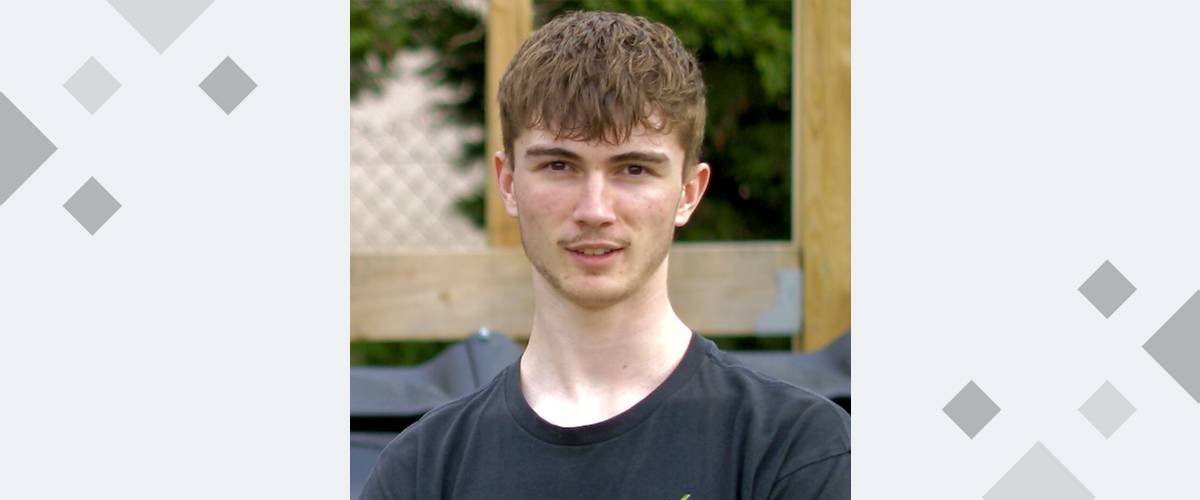

I chose the Bachelor’s programme to further strengthen the international dimension. With this degree, there is a compulsory mobility period and a one-semester internship, which I believe are key assets for both my professional and personal future.




